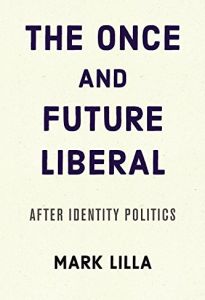Lilla offers the following lessons and insights:
1. American liberals are in crisis.
For liberals, Donald Trump’s defeat of Hillary Clinton in the 2016 presidential election was a rude awakening and a call to action. Hardly a day passed before they organized “resistance” to everything Trump and his followers represent. But US politics are complex; nothing is ever simple and straightforward. The public elected Bill Clinton and Obama on the strength of grand, transformative visions. Republican federal and state lawmakers aggressively thwarted those aspirations, and right-wing media sought to undermine their reputations. When Democratic presidents were in office, Lilla finds, the public perception of liberal doctrine declined. With rightist websites disseminating outright lies and implausible conspiracy theories, and liberals suffering “a crisis of imagination and ambition,” the situation has only gotten worse. Lilla argues that liberals are failing to put forward a doctrine or vision that appeals to most people – even those who vote for liberal candidates.


Comment on this review